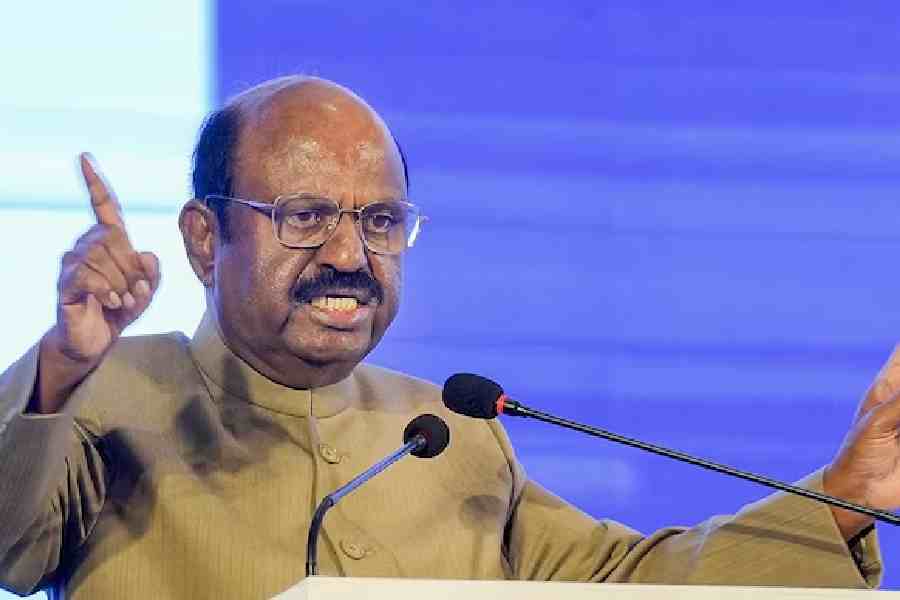
In a late-night development on Sunday, West Bengal Governor CV Ananda Bose, appointed interim Vice-Chancellors to 14 State universities and directed officers to seek the consent of the VCs before executing state government orders. The Trinamool Congress government has vociferously opposed the move. State Education Minister Bratya Basu denounced the move on Monday, saying that Bose’s action was “against the interests” of the people of the state and said that the Government would move the Courts of Law against “these illegal acts of the Governor”.
Bose, as the Chancellor of state-run universities, had recently appointed himself as the interim VC for 14 universities that were functioning without one. Justifying his act, he said students had been facing issues in obtaining degree certificates and other necessary documents in the absence of a VC. Late on Sunday night, he first appointed VCs to seven varsities, including the Presidency University, MAKAUT and the University of Burdwan. Prof Raj Kumar Kothari was appointed interim VC of West Bengal State University. Justice Subhrakamal Mukherjee, who currently holds interim charge of Rabindra Bharati University, has also been appointed Interim VC of Presidency University. Prof Debabrata Basu was appointed interim VC of Uttar Banga Krishi Vishwavidyalaya, while Prof Tapan Chanda was appointed interim VC of Maulana Abul Kalam Azad University of Technology. Prof Gautam Chakraborty was given charge of the University of Burdwan, and Prof Indrajit Lahiri will take charge as interim VC of Netaji Subhas Open University. Prof Shyam Sundar Dana was appointed interim VC of West Bengal University of Animal and Fishery Sciences.
Raj Bhavan sources said that the Governor had repeatedly emphasised that the criteria for selection of the interim VCs were eligibility, suitability, competence, willingness and desirability. At midnight, sources claimed the appointment letters for seven additional universities had been finalised, taking the count to 14 universities. Of the universities to which names were finalised, five were such where the officiating VCs had resigned due to threats. Meanwhile, Raj Bhavan also issued a circular directing that the officers of the universities need to execute the orders of the vice-chancellors (VCs) and obtain their consent when acting on the orders of the government. The circular drew flak from academics and the ruling party. “The Governor is forgetting that he is nominated but we are elected by the people. The statutes of the universities and the role of chancellor and vice-chancellor are being flouted in a desperate attempt to run a parallel administration in higher education. The Bengali intelligentsia is being dishonoured by the Governor,” said Shashi Panja, State Cabinet Minister. “I am unable to comprehend the message that the Governor wants to deliver. The universities in the State are set up by the State Government through legislation in the State Assembly.
In an earlier interview, Bose pointed out that the Calcutta High Court said that for appointments of vice-chancellors, the Governor should consult the state, but upheld that he did not need the government’s nod for appointments. According to the notification signed by the Senior Special Secretary to the Governor, per the University Act, the Vice-Chancellor is the Principal Executive Officer of the University. All the activities of the university will be conducted under his direction. The officers of the university, including the Registrar, will work according to the instructions of the Vice-Chancellor. Without the consent of the Vice-Chancellor, they are “not bound to obey or execute any order of the state government directly”.